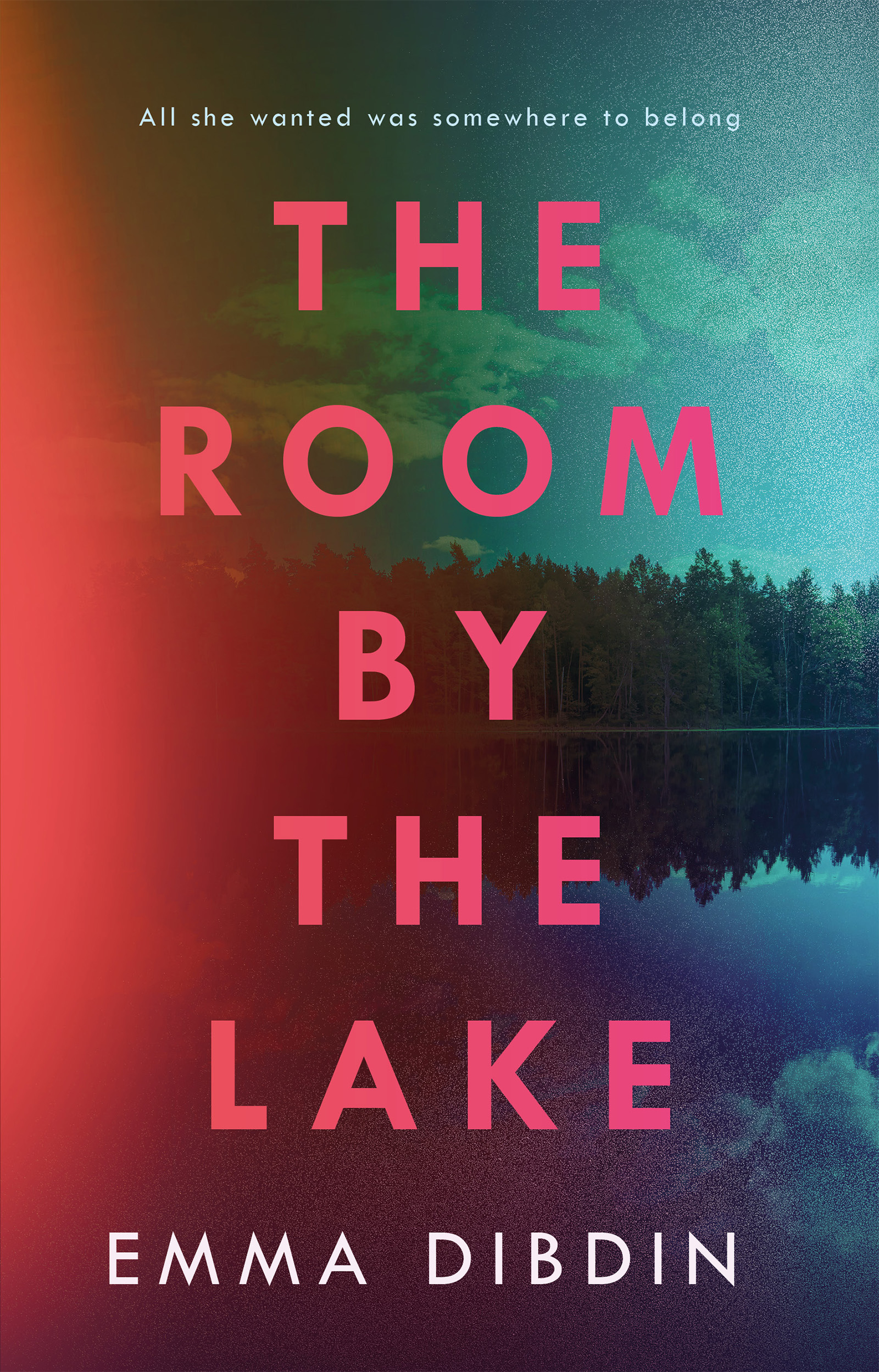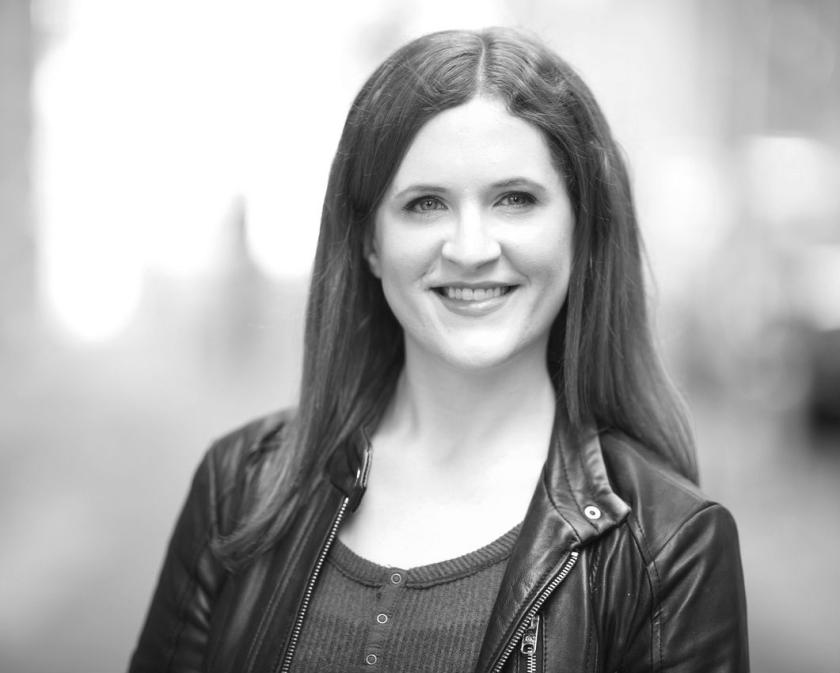When I began writing my first novel four years ago, there were a few ideas that had coalesced in my mind. I knew I wanted to write a thriller about mental illness through the eyes of a young woman whose family had been defined by it; someone fascinating and fragile and brittle who’d been forced to grow up too fast. I knew I wanted to tap into the period immediately after leaving university, when everything feels possible in both the best and the worst way. And most of all, I knew that I wanted to tell a female coming-of-age story that was more about a psychological struggle than a sexual awakening.
The plot itself was inspired by a surreal encounter I had six years ago with a young man in Seattle, who was protesting against then-president Barack Obama using logic I found to be literally incomprehensible. He was polite and non-confrontational, but absolutely unable to have a debate, and there was a dead-eyed fervour to him that I couldn’t shake afterwards. I subsequently learned he was part of a far-right “political movement” which is generally regarded as a cult, which preys heavily on young people as recruits to its cause. I began reading a lot about cults and their tactics, about the kinds of people that tend to be vulnerable to them, and thinking about what a believable modern-day cult would look like. What would it take to recruit me?
A cult would provide the perfect plot mechanism to tell a story about mental illness
The novel begins with Caitlin, a 21-year-old wandering around New York in an alienated daze, having booked a spontaneous flight from London to escape a home life that has become intolerable. She’s reeling equally from the recent death of her mother and her father’s alcoholism, and has finally hit a breaking point after years of being the stabilising force in her household. For once, she needs to be young and reckless, which is how she ends up booking a flight to a place where she knows no one. New York is an incredibly overwhelming city, particularly the first time, but its intensity can also be soothing if you’re looking to disappear.
Having thrown herself into this precarious, isolated state, Caitlin is immediately drawn in by Jake, an amiable stranger who’s just damaged enough to be irresistible. She’s thrilled when he invites her to meet his family at their lakeside house upstate, but things aren’t exactly as they seem. It struck me that a cult would provide the perfect plot mechanism to tell a story about mental illness, because a lot of cult tactics are essentially psychological warfare designed to make you doubt yourself: brainwashing, gaslighting, sleep deprivation. I couldn’t have predicted that gaslighting – the act of manipulating someone "by psychological means into doubting their own sanity" (Wikipedia) – would have become a buzzword by the time the book came out, for which I must thank a mendacious world leader who shall remain nameless.
 There are portions of the book where Caitlin is not just an unreliable narrator, but an incoherent one, as her grip on reality becomes more tenuous and she’s lapsing periodically into psychosis. Portraying this fully and convincingly was a challenge – I took a lot of direction from Susannah Cahalan’s extraordinary memoir Brain On Fire, in which she describes succumbing to a brain infection that made her psychotic and almost killed her.
There are portions of the book where Caitlin is not just an unreliable narrator, but an incoherent one, as her grip on reality becomes more tenuous and she’s lapsing periodically into psychosis. Portraying this fully and convincingly was a challenge – I took a lot of direction from Susannah Cahalan’s extraordinary memoir Brain On Fire, in which she describes succumbing to a brain infection that made her psychotic and almost killed her.
I’ve heard it said before that there are two kinds of writers: the structure-seeking planner who needs to outline before writing, and the more spontaneous type who feels their way through something as they’re writing it. I’m definitely the former – I had the book fully outlined, with a basic bullet-point rundown of each chapter, early on – but there were several things that surprised me as I was writing it, and the outline ended up being more of a jumping-off point than a rigid plan. For instance, though he was always intended to be a captivating romantic hero, I initially thought of Jake as being pretty much a plot device, just there to get Caitlin into the cult before gradually fading out of the narrative; a kind of downbeat anti-romance. But I got much more invested in their relationship than I expected to, and in the end it made more sense emotionally for him to be a real presence throughout the book, and to play a key role in the third act. Anti-romance just isn’t as much fun, when it comes down to it.
The other idea I was interested in exploring is how “healthy living” can cross a line into cultish thinking. The group in The Room by the Lake believe in a very specific diet, intense exercise and regular therapy, all of which can be excellent things – I drink almond milk, take bootcamp classes and have been in therapy on and off for years – but can also turn ugly in the wrong hands. Most therapists are good, intelligent, insightful people who want to help their patients, but what happens when a bad person becomes a therapist? Just by the nature of their work and the vulnerability it requires, their capacity to do damage is extraordinary. Being genuinely scared of something is a good sign that you should probably write about it, and I can’t think of many things more frightening than a psychotherapist who means you harm.
- The Room by the Lake by Emma Dibdin is published by Head of Zeus on 10 August
- Read more First Person articles on theartsdesk















Add comment